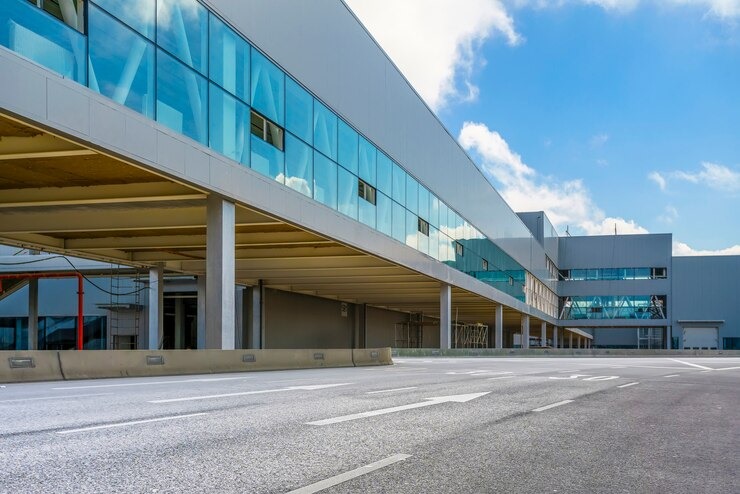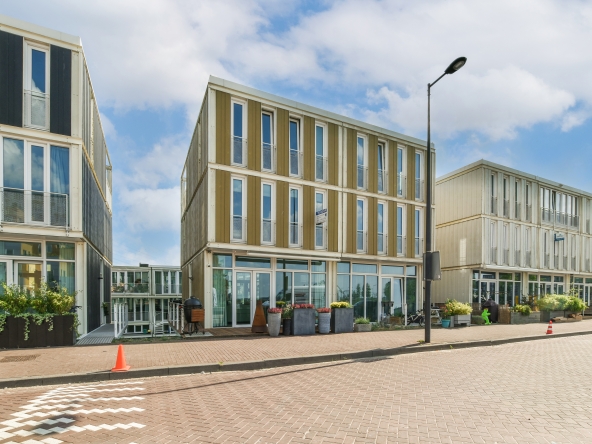Selecting the right commercial real estate for your business is a critical decision that can significantly impact your operations, brand image, and financial stability. In this comprehensive guide, we’ll explore the top considerations you should consider when navigating the complex commercial real estate landscape.
1. Location
The adage holds true—location is paramount. Assess the area’s demographics, accessibility, and proximity to suppliers, clients, and competitors. Consider the local business ecosystem and whether it aligns with your industry.
2. Budgetary Constraints:
Define a clear budget for your commercial space. Include rent and additional costs such as utilities, maintenance, and property taxes. Striking the right balance between affordability and the ideal location is crucial.
3. Space Requirements:
Evaluate your current and future spatial needs. Anticipate growth and assess if the space can accommodate expansion. Conversely, if downsizing is possible, ensure the property allows for flexibility.
4. Lease Terms and Flexibility:
Scrutinize the lease agreement thoroughly. Pay attention to terms such as lease duration, renewal options, and exit clauses. Negotiate for flexibility that aligns with your business’s evolving needs.
5. Zoning and Permits:
Verify that the property is zoned for your type of business. Research local regulations and obtain necessary permits. Ensure compliance to avoid legal complications down the road.
6. Infrastructure and Amenities:
Assess the quality of the building’s infrastructure. Consider factors like internet connectivity, parking facilities, and accessibility for disabled individuals. Amenities such as meeting rooms or communal spaces can add value to your workspace.
7. Future Development Plans:
Investigate the municipality’s future development plans for the area. Upcoming construction projects or infrastructure changes can affect your business’s accessibility and overall appeal.
8. Safety and Security:
Prioritize the safety of your employees and assets. Evaluate the neighborhood’s crime rates and inquire about the property’s security features, including surveillance systems and access control.
9. Environmental Impact:
With increasing emphasis on sustainability, consider the environmental impact of the property. Energy-efficient buildings contribute to a greener planet and lead to cost savings in the long run.
10. Negotiation Strategies:
Sharpen your negotiation skills to secure favorable terms. Engage with landlords on rent reductions, maintenance responsibilities, and potential incentives such as improvement allowances.
11. Exit Strategy:
Plan for the unexpected. Include a well-defined exit strategy in your decision-making process. Consider factors like subleasing options or lease termination clauses that provide an exit route if needed.
12. Professional Assistance:
Seek guidance from commercial real estate professionals. Engaging with tenant representation services can provide valuable insights negotiation support, and help navigate the complexities of leasing agreements.
13. Brand Image and Visibility:
Evaluate how the property contributes to your brand image. A prime, well-maintained location can enhance your business’s visibility and reputation.
14. Accessibility for Employees:
Consider the ease of commute for your employees. Evaluate public transportation options, parking availability, and overall accessibility to ensure a convenient workplace for your team.
15. Due Diligence:
Conduct thorough due diligence before finalizing any decision. Research the property’s history, reputation of the landlord, and potential issues that may not be immediately apparent.
Conclusion
Choosing commercial real estate requires a meticulous approach. By weighing these considerations, you can make informed decisions that align with your business goals and set the foundation for long-term success in your chosen location.
Contact Full Circle Real Estate now! Your full-service Commercial Realestate Partner




